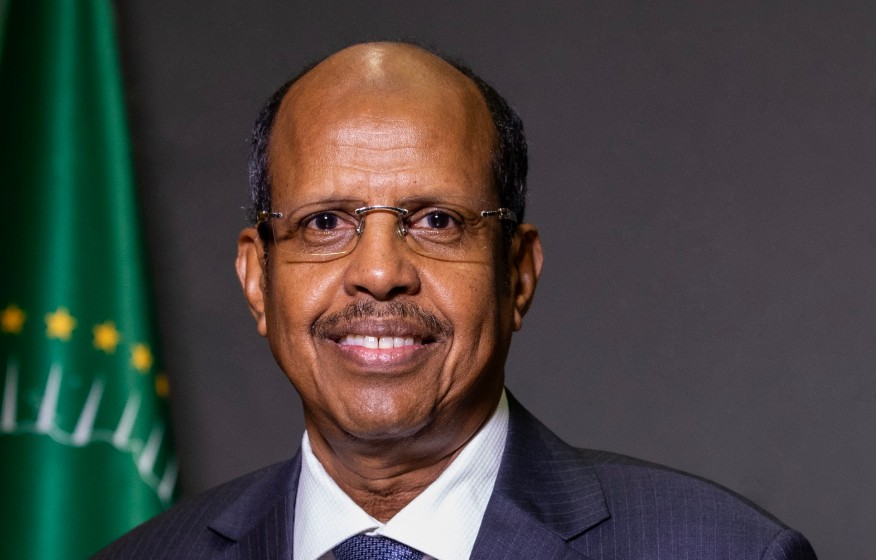Why digital goods make up a smaller share of imports in Africa -World Bank

The global lender attributes the smaller import share of the essential commodities to high duties and taxes that consequently increase their cost.
Most African countries remain heavily reliant on imports, particularly digital goods like computers, electronics, software, and machinery. These are crucial for boosting productivity and driving economic growth in the digital age.
According to recent research by the World Bank, despite the growing demand for these essential technologies, the continent continues to lag in accessing high-quality and affordable digital products.
More To Read
- Over 800,000 youths to benefit from Sh20 billion Nyota project- Ruto
- World Bank urges 16 per cent VAT on meat, wheat flour, avocado, coffee to boost Kenya’s revenue
- World Bank urges Kenya to implement fuel carbon tax for Sh40.5 billion revenue boost
- Why Kenya risks losing billions if it ignores World Bank public sector reform recommendations
- World Bank urges scrapping of SHIF deductions for low-wage workers, cites threats to UHC goals
- World Bank warns of mounting fiscal pressure as Kenya faces debt distress risk
"Currently, digital goods make up a smaller share of imports in Africa (13%) than in the rest of the world (21%)," the lender says.
It further notes that most of the goods come from outside the continent; 35 per cent from China, 27 per cent from the EU, and seven per cent from the US. "Only three per cent come from within Africa."
The global lender attributes the smaller import share of the essential commodities to high duties and taxes that consequently increase their cost.
As a result, African nations frequently import low-quality products that do not meet the necessary standards for innovation or long-term economic growth, the World Bank says in part.
Ideally, this creates a significant barrier for businesses looking to modernise their operations and for governments striving to build a more digitally savvy workforce.
The study report reiterates that despite relying heavily on imports, the tariffs on imported digital goods are about three times higher than other regions. "These duties have stayed relatively high over the past decade, even as they fell elsewhere."
Notably, the burden is greatest for Africa's poorest countries like the Central Africa Republic and Cameroon, with digital tariffs of around 15 per cent, but also for economies with large populations like Nigeria, with digital tariffs of around 10 per cent, while richer Mauritius and South Africa charge just 0.07 and 1.35 per cent.
In Kenya, the lender puts the current average tariff on imported digital goods at 7.19 per cent.
However, the landmark African Continental Free Trade Area (AfCFTA) agreement seems to be a potential solution to this challenge, as it is poised to marginally slash the tariffs by 2030.
"Digital goods tariffs would fall by 0.13 percentage points if the pact is fully implemented, and imports would rise by 0.3 per cent," the lender says.
Kenya's tariffs on goods are expected to be reduced to 1.2 per cent by the year 2030.
"The minimal impact stems from the paltry share of digital goods sourced within Africa and lack of reduced duties on external imports. Some countries like Zimbabwe, Zambia and Mozambique with high initial tariffs and more intra-African trade would see larger effects, but the overall continental impact is modest."
In contrast, the lender says if African countries unilaterally eliminated all tariffs on digital goods, imports would soar by eight per cent.
Nevertheless, experts believe that the implementation of the AfCFTA will be instrumental in levelling the playing field, ensuring that African nations are not hindered by economic barriers to digital advancement.
They stress that as the continent continues to embrace digital transformation, the AfCFTA could be a game-changer, paving the way for sustainable growth and ensuring that Africa is well-positioned to thrive in the global digital economy.
Top Stories Today











































